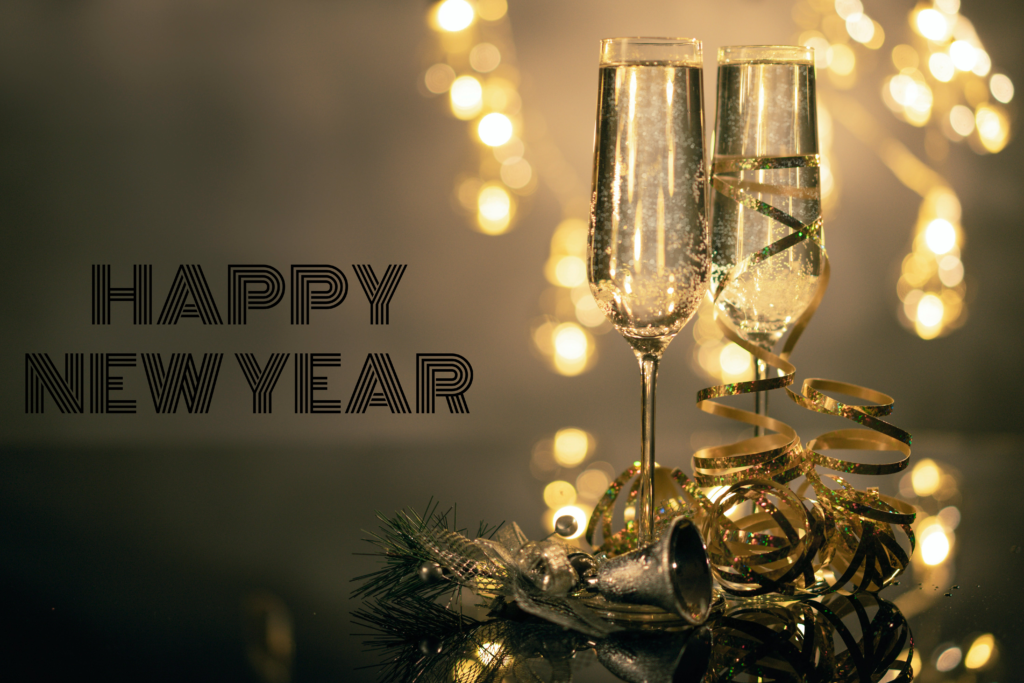
Introduction: Unveiling the Calendar’s Grand Finale
The clock strikes midnight, fireworks illuminate the sky, and joyous cheers echo worldwide as the world ushers in another year. But have you ever wondered why we celebrate the New Year on the 1st of January? In this journey through time, we’ll unravel the fascinating origins and cultural influences that have shaped this global tradition.
A Historical Odyssey – The Genesis of New Year’s Celebrations
The roots of our New Year’s celebrations trace back to ancient times when various civilizations marked the passing of a year based on astronomical events. The Babylonians, for instance, celebrated the New Year during the vernal equinox, while the Romans initially followed a lunar calendar. It wasn’t until 46 B.C. when Julius Caesar introduced the Julian calendar, aligning the New Year with the newly established date of January 1st.
Janus – The Guardian of Transitions
January, the first month of the Julian calendar, derives its name from Janus, the Roman god of beginnings and transitions. Often depicted with two faces, Janus symbolizes looking back at the past and forward to the future. Romans believed that celebrating the New Year in Janus’s honor would bring good fortune for the coming year, solidifying January 1st as the symbolic gateway to new opportunities.
The Shift from Pagan Celebrations to Religious Observances
As Christianity spread across Europe, the New Year’s celebrations transformed. The Church initially frowned upon the revelry associated with the pagan festivities, leading to the adoption of different New Year dates. Some Christian communities celebrated December 25th, the Feast of the Nativity, while others adhered to March 25th, the Feast of the Annunciation. However, by the 16th century, the Gregorian calendar, introduced by Pope Gregory XIII, reaffirmed January 1st as New Year’s Day, bringing unity to the Christian world.
New Year’s Eve – The Pinnacle of Celebration
As New Year’s Eve unfolds, the anticipation builds to a crescendo. The eve of January 1st has become synonymous with lively festivities, grand parties, and spectacular fireworks. The tradition of counting down the seconds until midnight has transcended borders, creating a shared global experience that unites people from diverse cultures and backgrounds.
Cultural Traditions – A Tapestry of New Year Customs
Around the world, the arrival of the New Year is celebrated with a myriad of customs and traditions. From the lively parades of Rio de Janeiro to the tranquil temples of Kyoto, each culture infuses its unique flavor into the festivities. The common thread, however, is the joyous embrace of new beginnings and the shedding of the old—a sentiment that transcends linguistic and cultural barriers.
Resolutions – A Time-Honored Tradition of Self-Reflection
The New Year often beckons the making of resolutions, a practice that dates back to the ancient Babylonians. Whether it’s vowing to adopt a healthier lifestyle, pursue a new career path, or strengthen personal relationships, resolutions encapsulate the collective human desire for self-improvement. Despite the skepticism surrounding their longevity, the tradition of setting resolutions endures as a testament to our innate pursuit of growth and positive change.
January 1st in the Modern Era – Globalization and Technological Influence
In the contemporary era, the celebration of January 1st as the New Year has been further solidified by globalization and technological advancements. The interconnectedness of the world has facilitated the exchange of traditions and celebrations, making the 1st of January a truly global phenomenon. Social media platforms amplify the festivities, enabling people to share their joyous moments instantaneously, fostering a sense of unity among individuals separated by vast distances.
New Year’s Day – A Time for Reflection and Renewal
Beyond the revelry and festivities, January 1st offers a moment for introspection and renewal. It’s a day to reflect on the lessons of the past year, express gratitude for accomplishments, and set intentions for the future. The symbolism embedded in the transition from the old year to the new provides an opportunity for personal growth and a fresh start.
The Enduring Legacy – Why January 1st Continues to Reign Supreme
In conclusion, the celebration of the New Year on January 1st is a result of a historical journey marked by cultural influences, religious shifts, and the evolution of calendars. Janus, the Roman god, set the tone for this tradition, and as civilizations intertwined and calendars standardized, January 1st emerged as the universally recognized starting point for a new chapter. As we bid farewell to the old and welcome the new, let’s cherish the rich tapestry of customs and traditions that make our New Year’s celebrations truly extraordinary.
Leave a Reply